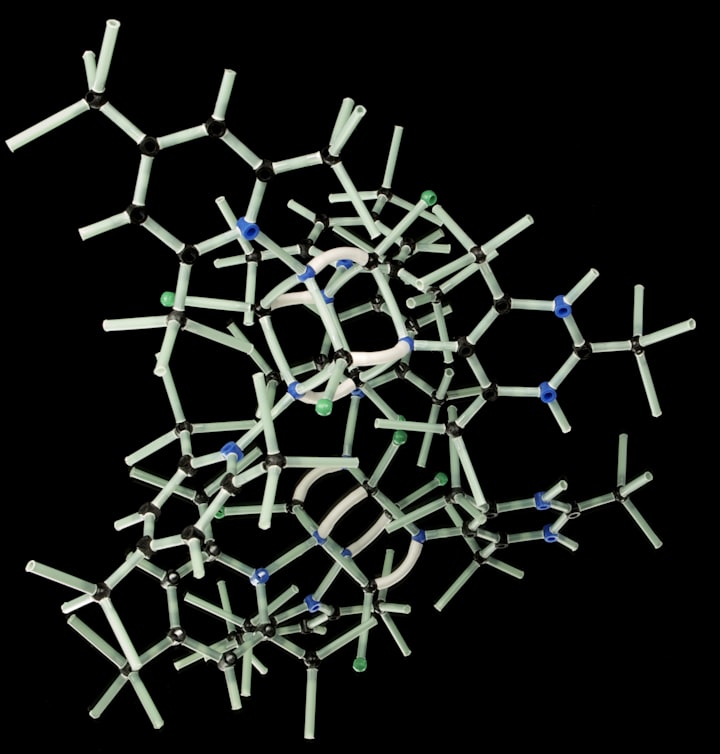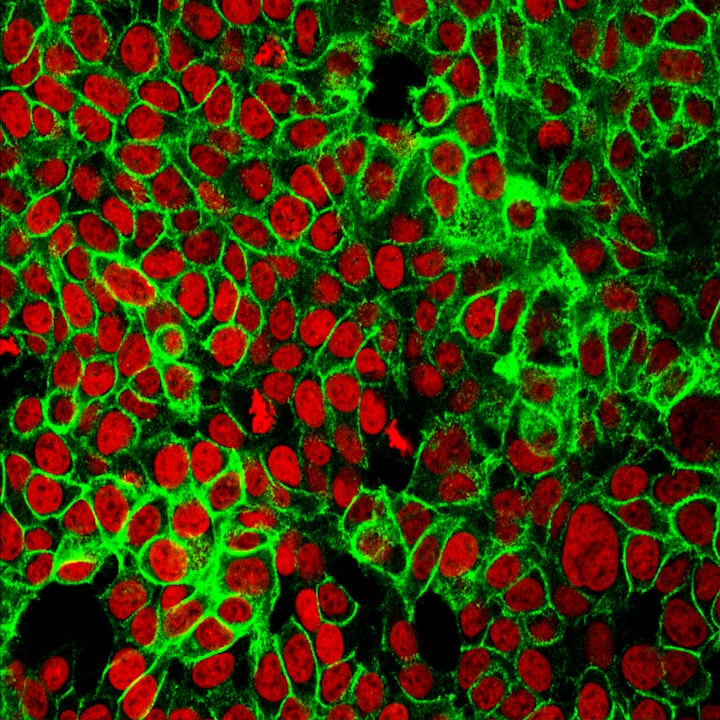Why Do Good Smells Fade Faster Than Bad Smells?
Discover why good smells fade faster than bad smells due to the volatility of compounds and our survival instincts.

Have you ever noticed how the scent of a freshly bloomed flower or a spritz of perfume seems to dissipate far quicker than the pungent odor of smoke or rotting food?
This intriguing phenomenon has a solid scientific explanation.
Volatile Compounds and Molecular Stability
Good smells, such as those from flowers and perfumes, often emanate from volatile compounds.
These volatile compounds, made of smaller and lighter molecules, tend to evaporate quickly, resulting in the fleeting nature of pleasant aromas.
On the other hand, bad smells, like those produced by smoke or rotting food, are frequently composed of larger, more stable molecules.
These larger molecules tend to linger in the air longer than their volatile counterparts.
Survival Instincts and Smell Perception
Moreover, it's not just about the molecular size.
Our sense of smell is deeply intertwined with our survival instincts.
The human olfactory system is wired to be more sensitive and responsive to smells associated with danger or potential harm.
This heightened sensitivity means that unpleasant odors, linked to potential threats, are more likely to be noticed, remembered, and persist in our olfactory memory.
Breaking Down the Science
To delve further into the science, the volatility of the compounds contributing to a smell is a key determinant of the scent's longevity.
Good smells, being composed of volatile compounds, readily dissipate, whereas bad smells, containing more stable molecules, can linger in the air for more extended periods.
Additionally, our evolutionary predisposition to notice and retain memory of danger-related smells further emphasizes why certain odors, particularly unpleasant ones, tend to endure.
Beyond Aesthetics and Anecdotes
This scientific understanding of why good smells fade faster than bad smells provides a fascinating insight into the intricate relationship between our sense of smell and the chemical composition of odorous substances.
Understanding the science behind smell longevity can potentially lead to innovative scent retention technologies in various industries, ranging from fragrance manufacturing to air quality control.
Parting Thoughts
Next time you catch a whiff of a delightful perfume or a fragrant flower, take a moment to appreciate the beautiful transience of pleasurable aromas, knowing that behind their evanescence lies a complex interplay of volatile compounds and our primal instincts.






